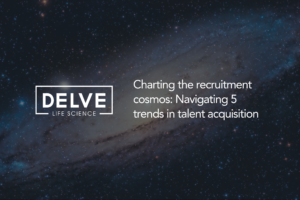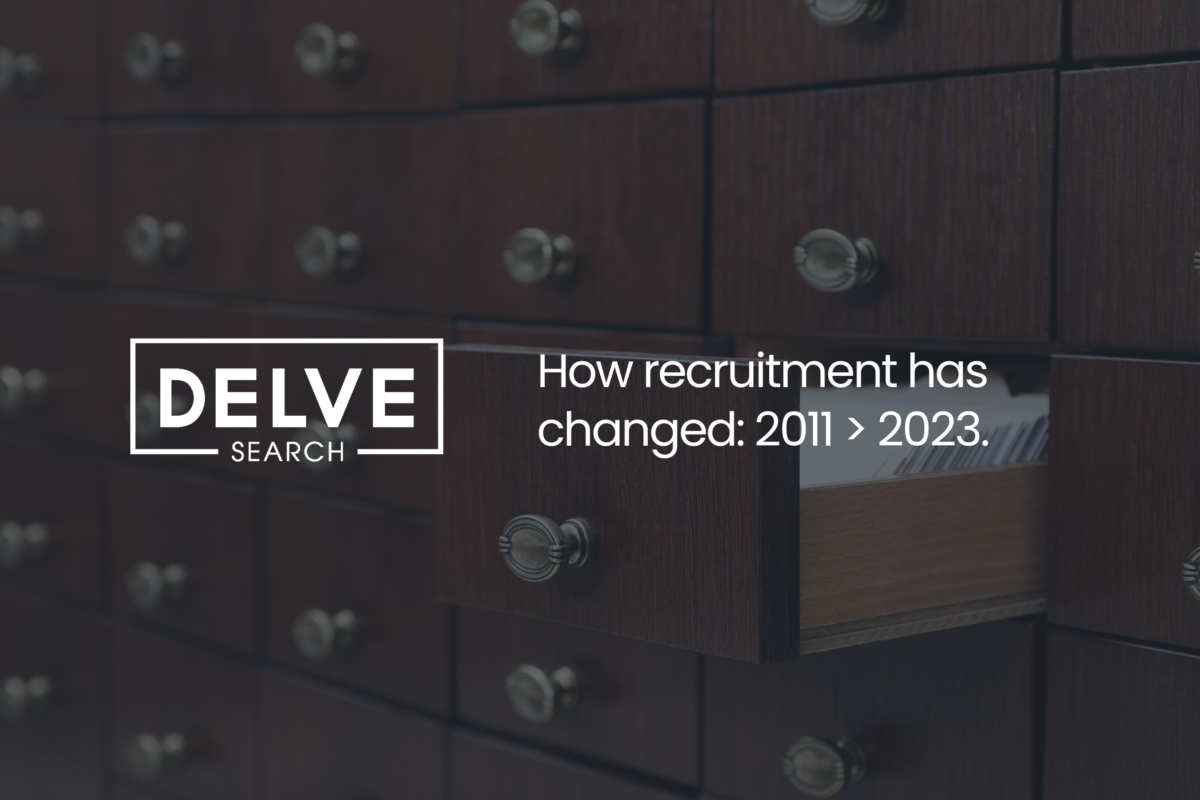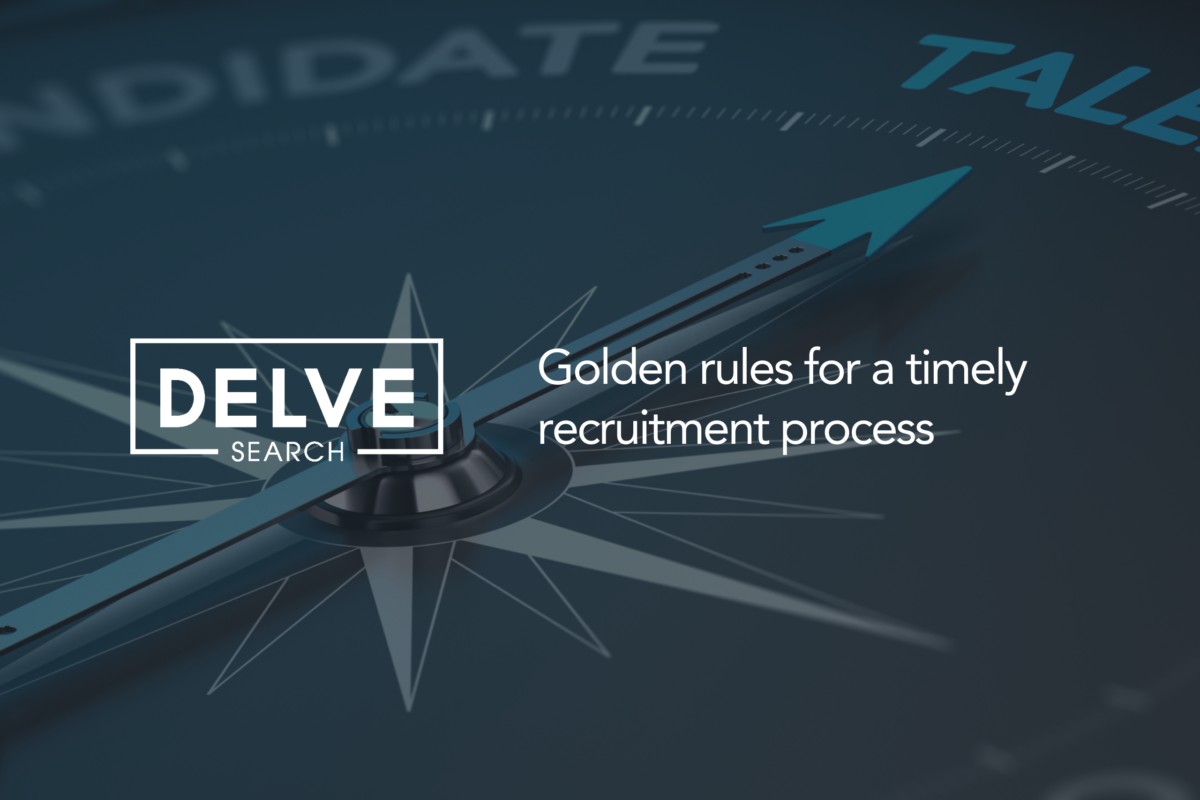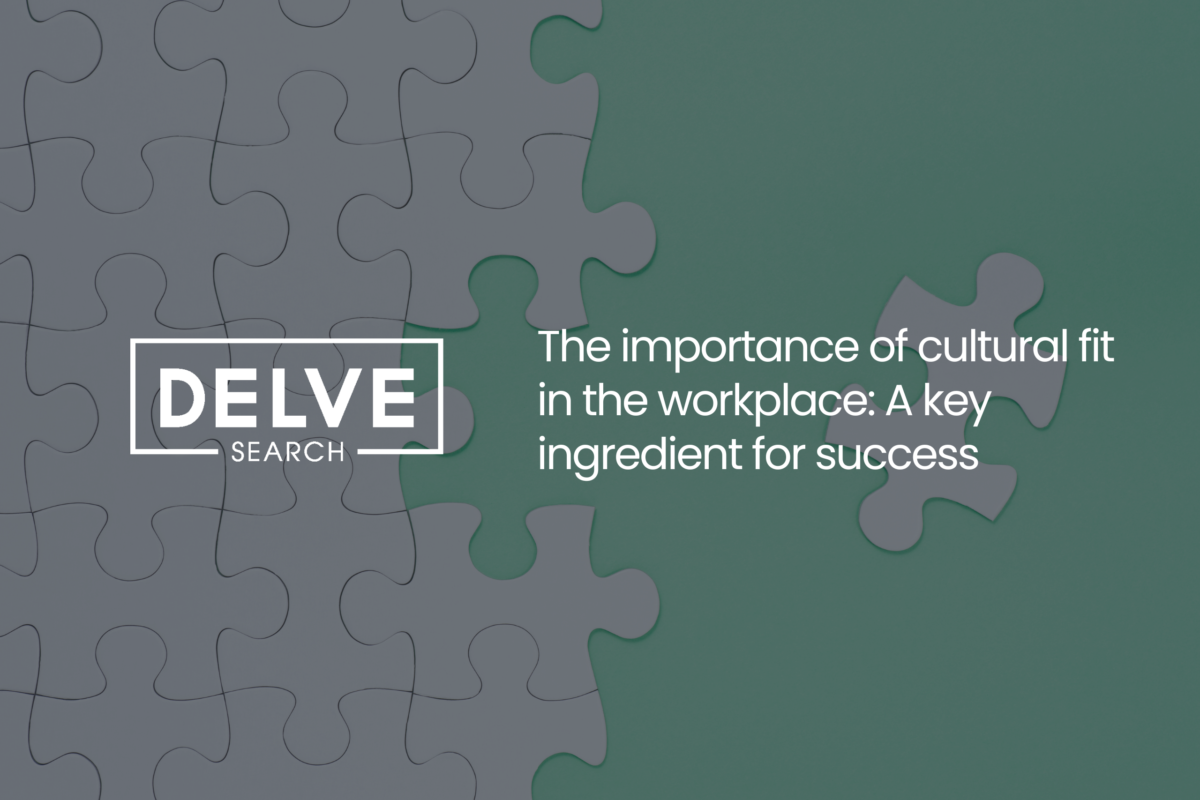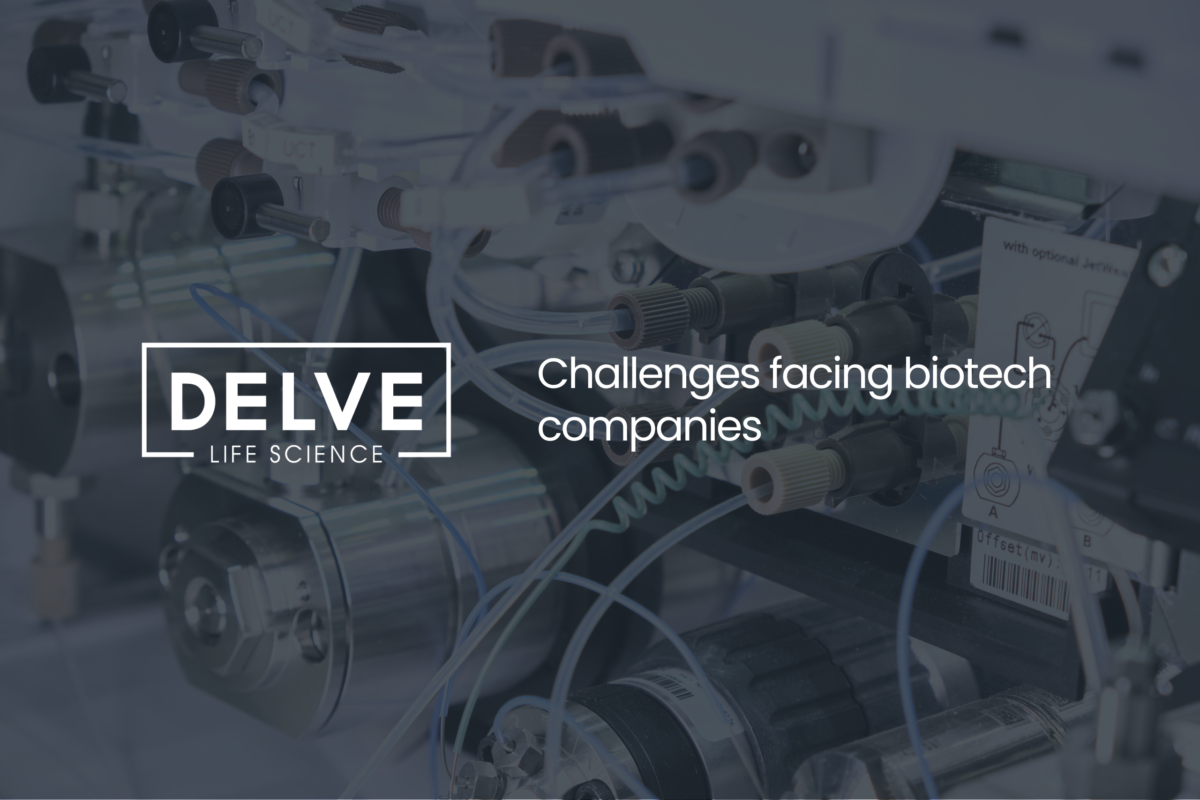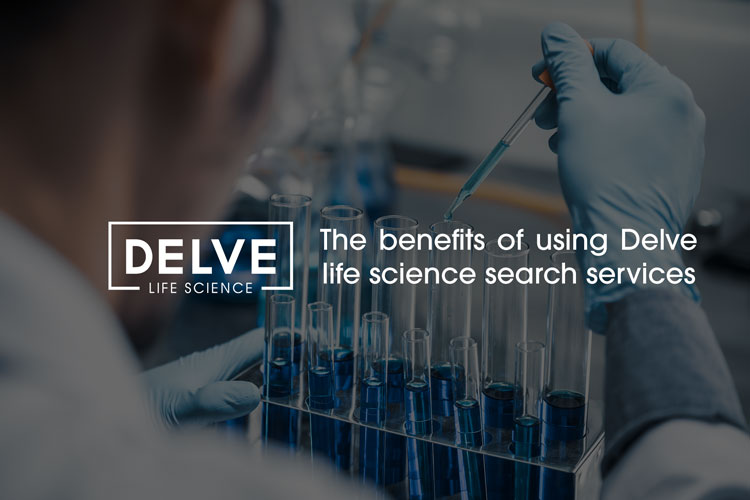How recruitment has changed: 2011 > 2023
Gareth Foden, Director and head of our Life Science team, takes a look back at how recruitment has changed since his first placement back in 2011, to now…
“Back in 2011 the first person I helped a company hire was an Electronic Technician for a medical packaging business. I remember it well, largely because I had no idea what I was doing but the candidate who got the job was such a nice guy. He took the time to give me an overview of his skills, how he achieved the knowledge he had and how that clicked into the wider engineering industry – which really helped me at the time.
At that point, recruitment tech stacks (software) were pretty much just job advertising and their associated platforms, alongside paper-based interview cards that were kept in a “top box”!
If I put that in contrast with my most recent hire, the world of recruitment has evolved in many ways but stayed exactly the same in others.
I would say that the people aspect is identical. Being able to listen to what someone is saying, and interpret that in the right way, hasn’t changed. Reading between the lines to make conclusions and challenge where needed has stayed throughout – although my skills have gone up significantly!
The real change is in the technology & ability to reach people via multiple channels, utilising things like automated tools and AI to help along the way.
I am sure that recruitment will continue to evolve in the future, but in my view, the people element will always remain!”
Get in touch to see how Gareth could support you with your next hire:
Linkedin: Gareth Foden
Email: [email protected]
Share This Blog
Recent Articles
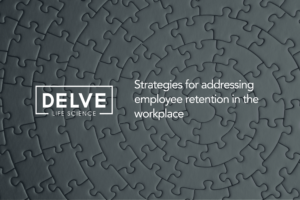
Strategies for addressing employee retention in the workplace
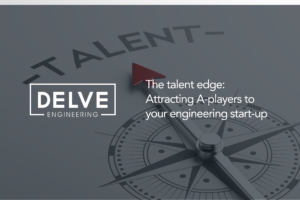
The Talent Edge: Attracting A-Players to Your Engineering Start-ups

Dresden’s rise: TSMC semiconductor factory and its impact on job market attractiveness

5 Opportunities beyond research in Life Sciences

Benefits of attending Advanced Engineering trade shows
